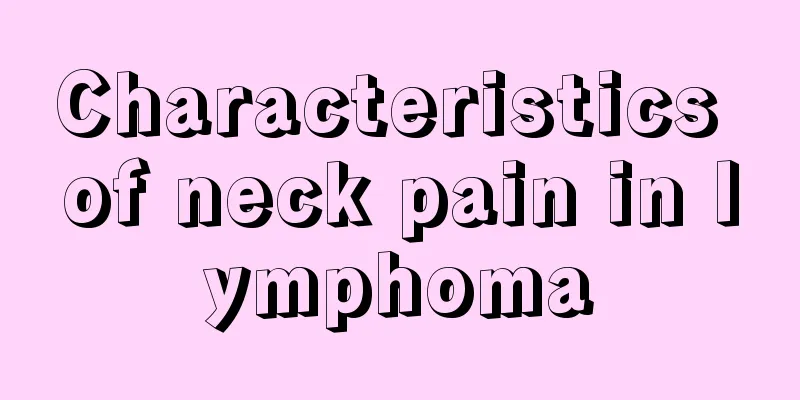Medical castration for advanced prostate cancer

|
Prostate cancer is an androgen-sensitive tumor. In the late stage, endocrine therapy is the main treatment, which is to reduce or eliminate the level of androgen in the body through surgery or medical castration. Endocrine treatment can be performed by orchiectomy or medical castration. Medical castration is a subcutaneous injection of a luteinizing hormone-releasing hormone analog (LHRH-A) sustained-release agent once a month, which can achieve the effect of medical orchiectomy. LHRH-A is a synthetic luteinizing hormone-releasing hormone analog, which is 100 times more potent than the LHRH produced by the human body. After taking the drug, it can strongly stimulate the LHRH receptors in the anterior pituitary gland, causing its expression to be downregulated, reducing the surface receptors, and then reducing the pituitary gland's acceptance of LHRH stimulation, reducing the pituitary gland's secretion of luteinizing hormone (LH), and testosterone synthesis in the testicular Leydig cells, which eventually reduces the testosterone level to the castration level, so it is called medical castration. Medical castration can allow patients to avoid surgery, which meets the needs of some patients who want to retain their testicles due to appearance or psychological factors, and can be used for intermittent endocrine therapy. Therefore, the clinical application of LHRH-A to treat prostate cancer is gradually increasing. LHRH-A can make the testosterone (T) in prostate cancer patients reach the castration level, and can significantly reduce the levels of FSH, LH, E2, and P. The castration effect is better than the surgical effect, because after surgical castration, the male sex hormone level decreases, causing a compensatory increase in androgens through negative feedback regulation of the central nervous system, while drug castration blocks the negative feedback effect of the central hypothalamus-pituitary-gonadal axis. |
<<: 6 common sense tips for preventing breast cancer
>>: Two chemotherapy regimens for Hodgkin's lymphoma
Recommend
What are the results of rectal biopsy
Nowadays, intestinal diseases are very common dis...
Diet for advanced liver cancer How to arrange the diet plan for patients with advanced liver cancer
Dietary arrangements for patients with advanced l...
What should I eat if I have mild fatty liver
No one wants to accept fatty liver, because once ...
What does CK14 negative mean for breast cancer
Breast cancer CK14 is negative, which means that ...
What are the hazards of glioma
Glioma is a tumor that occurs in the neuroectoder...
Knowing the cause of breast cancer can help you take preventive measures
Nowadays, many women may suffer from breast cance...
Will kidney stones turn into uremia?
Kidney stones are a very common stone disease. Wh...
Can adult overbite be corrected
The formation of overbite is related to many fact...
Can uterine cancer bleeding be cured?
Endometrial cancer is a group of epithelial malig...
What health care knowledge is there for cervical cancer
Cervical cancer is one of the most common maligna...
What is a fungal smear test
With the improvement of our living standards, mor...
What are the clinical diagnostic methods for colon cancer?
Early symptoms of colon cancer are usually mild o...
How long can you live with lung cancer brain bone metastasis
How long can you live with brain and bone metasta...
Can eating small meals frequently help you develop a lean body?
Nowadays, many people do not control themselves i...
Where is the dull pain in the kidney area?
The kidney is an important organ of the human bod...









